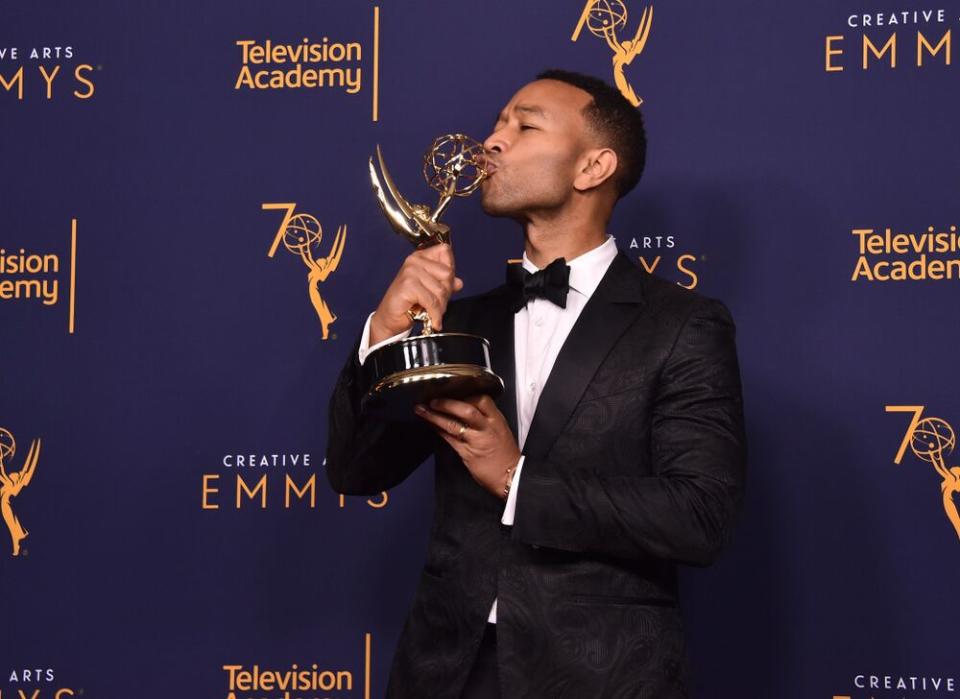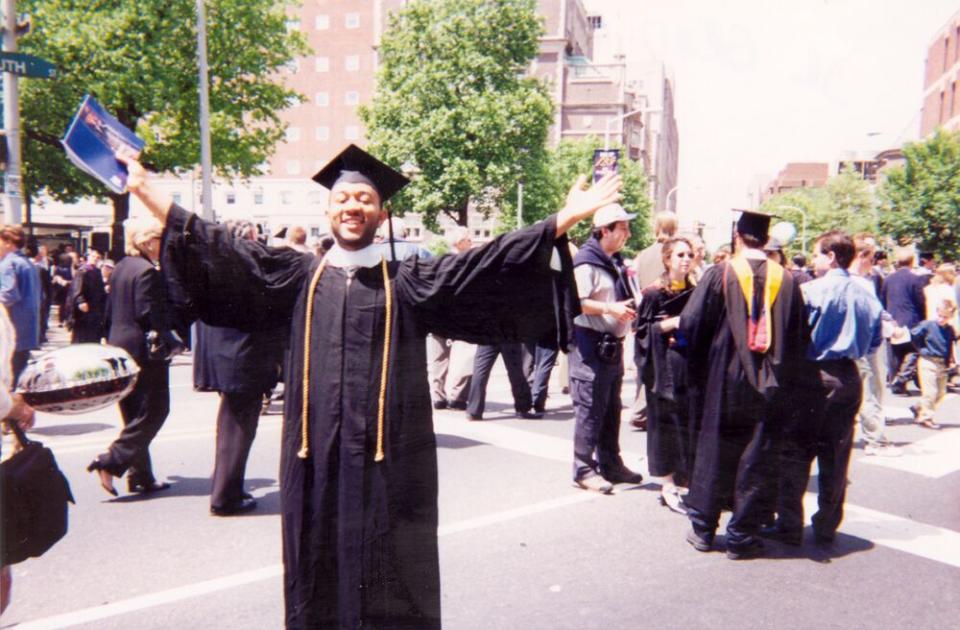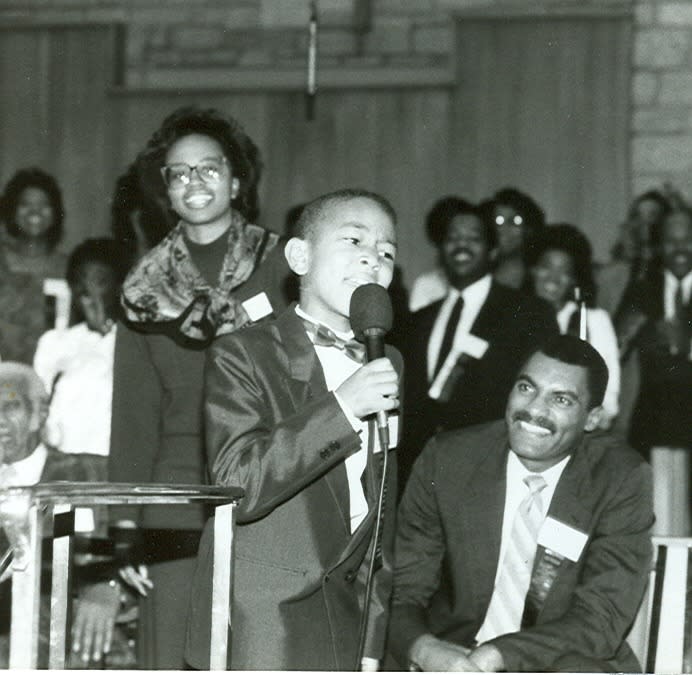John Legend Reflects on His Experiences with Racism: 'They Questioned My Right to Be Where I Was'
John Legend has earned remarkable success throughout his ever-booming career, but that doesn’t mean the superstar hasn’t faced his fair share of challenges as a result of racism.
Speaking with PEOPLE in support of the National Day of Racial Healing, established by the W.K. Kellogg Foundation (an organization that aims to provide children and youth with equal opportunities), Legend opened up about his personal experiences with discrimination.
“I’m in a position of privilege and celebrity and all these other things, so there’s a lot of doors that open for me that aren’t open for other people,” Legend, 41, acknowledges. “People recognize me and treat me a certain way because they recognize me. I’m clear that my life now is not the experience of the average black man. I’m fully aware of that.”
Legend, who is currently reigning as PEOPLE’s Sexiest Man Alive, said that his harshest encounters with racism were experienced during his time as a college student while attending the University of Pennsylvania.

RELATED: Chrissy Teigen’s Daughter Hilariously Calls John Legend by His First Name in Video
“One of the things that I noticed the most at college was how if people don’t know you’re a student, they treat you like an outsider around campus,” he recalls. “I had several interactions with the police where they questioned my right to even be where I was, to get in my own car … so that was where I felt it the most — in west Philadelphia around the campus of the University of Pennsylvania, being treated like I didn’t belong there because I was black.”
“No one ever says it,” says the singer. “But it’s obvious that they don’t do white students like that and ask for their ID just to get in their own car and question their belonging.”
The entertainer, who has now gained EGOT status (an Emmy, Grammy, Oscar and Tony) for his remarkable work, says he’s now helping his cousin, who is currently attending the University of Pennsylvania, navigate the same discrimination he faced years ago on campus.

RELATED: John Legend Is PEOPLE’s Sexiest Man Alive 2019: ‘I’m Excited but a Little Scared at the Same Time’
“I have a cousin at UPenn right now. She has the same issue,” he tells PEOPLE. “Someone called the police on her just for existing in a building where the person didn’t think that she belonged.”
Legend said that learning of his cousin’s recent experience gave him flashbacks.
“She spoke with me about it recently and it reminded of times when that happened to me when I was in college,” he says. “It’s not unique to UPenn. You see these stories all over the internet, and people experience them all the time. Black people and other people of color have to prove that they belong in circumstances that other people don’t.”
RELATED: 10 Heart-Warming Videos That Prove John Legend Is the Cutest Dad Ever
Legend, who said he “just understood that there were certain challenges that black folks had in our society” as a young man, began educating himself on the issue at an early age.
“We used to go to the library and read about anything we wanted to read about. One of the things I often gravitated towards was reading about civil rights heroes like Dr. King and abolitionists like Frederick Douglass and Harriet Tubman,” he recalls. “I think I was attracted to those stories of their heroism, moral clarity and moral courage, so that’s when I really started to become more aware of the way racism has worked in our country and in our society.”

Though Legend has been both racially profiled and treated differently because of his race, the star couldn’t be more proud to be a black man.
“There’s so much greatness that comes from black culture and the upbringing that I’ve had,” he says. “I wouldn’t be the artist I am if I weren’t black, so it’s hard for me to even imagine me not being black.”
“In a way, sometimes the system works when it comes to radio, like how there’s black stations and there’s certain kinds of divisions that the music industry puts on itself,” he says. “Some of those can be a little bit tricky sometimes. But trying to imagine the counterfactual of me not being black — I wouldn’t be the artist I am if I weren’t black. I wouldn’t have the experiences I have, wouldn’t have the upbringing I have. I wouldn’t trade it.”

